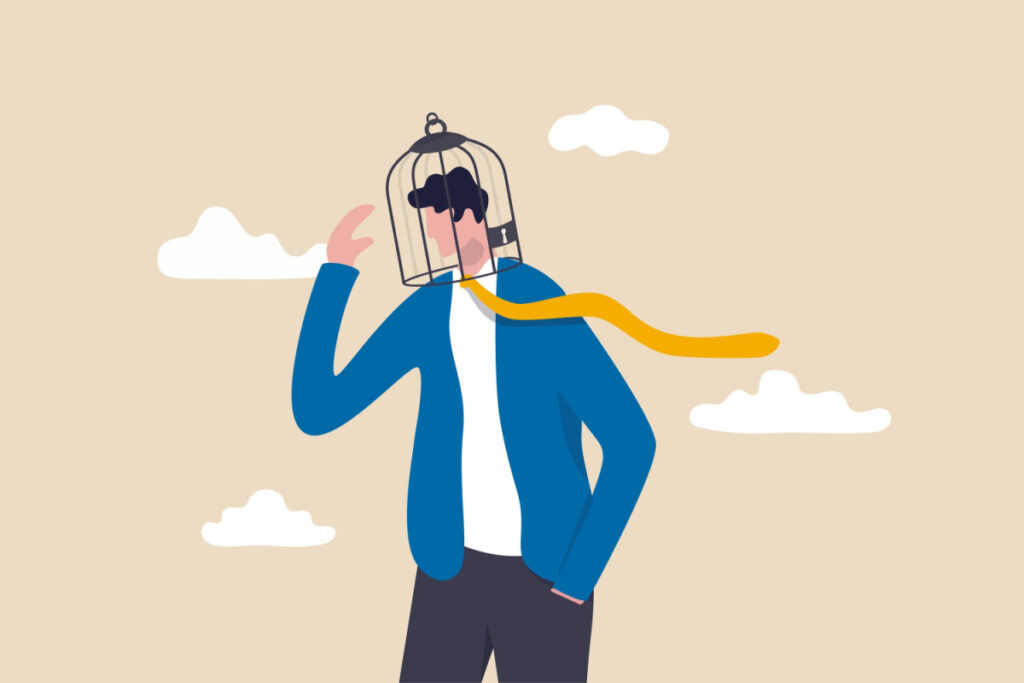Personal Cognitive Biases to Keep in Mind When Hiring So You Don’t Miss Talent
|

Personal biases are built into each and every one of us. While biases may vary widely from person to person, it’s practically impossible to avoid them altogether. Some of these biases are harmless (or even helpful at times) but when it comes to hiring, some biases can lead you to make big mistakes.
A personal cognitive bias is, basically, a judgment you make as you interpret the information you observe. Some of these biases end up ingrained in our minds, as we interpret the same information, in the same way, over and over again. Our biases are strengthened, weakened, challenged, and/or supported throughout our lives, as we move through life’s experiences and challenges and develop new thoughts around them.
If it wasn’t already clear, biases can work for you or against you, including when it comes to hiring. Too often, cognitive biases get in the way of the hiring process, and companies miss out on hiring top talent.
While we probably can’t unravel your cognitive biases in the space of one post, we can help you be aware of some of the most common biases related to hiring, so you can keep an eye out for them in yourself and respond accordingly if (and when) they do come up.
First impression bias.
Like it or not, first impressions really do matter. Someone who walks into your office for an interview who is dressed impeccably, has a solid handshake, and offers a warm smile is going to make a good first impression. The problem comes when this first impression taints the rest of the interview.
When this bias is at work, you’ll tend to look for the good in anyone who gave a good first impression, and look for the bad in anyone who gave a bad first impression. That is, someone who leaves a bad first impression will seem to have more negative qualities overall.
Confirmation bias.
We use the confirmation bias to “confirm” our own suspicions about something, based on one piece of information we think we already understand. For example, if you look at a candidate’s resume and see that their past experience is with a company you dislike, you’ll probably form a negative opinion of that candidate right off the bat. Then, when they come in to interview, you’ll look for clues that will confirm your suspicions.
Whether those clues will actually be there or not is impossible to say, but if you’re looking for them, it’s likely that you’ll find them.
Affinity bias.
Is the candidate someone you went to high school with? Do they happen to live in your neighborhood? Did you both play the same sport in college? Having something in common with the candidate is almost certain to trigger a bias.
The affinity bias comes into play as you give the candidate “extra credit” for having something in common with you, even if it’s not related to skill set or job performance. Because we like people who are like us, you’re likely to be drawn to candidates that remind you of yourself in some way.
Contrast bias.
If the first person that comes in to interview is not a fit at all, the second candidate is likely to look a lot better, even if they aren’t quite what you’ve been hoping to find. Conversely, if you interview someone who seems to be the perfect fit, the next person you interview will have a hard time meeting that newly set standard, even if, objectively speaking, they do a great job on the interview.
This is contrast bias at work: the idea that your opinion of one person is going to affect your opinion of another person you’re comparing them to.
Being aware of these biases in yourself is the first step to overcoming them. Some quick thoughts on overcoming these biases:
- Make sure your job description is as clear as possible, and refer to it often when evaluating your candidates. Who matches the description the best?
- Ask everyone the same questions. Give each candidate the same opportunity to impress you.
- Look for major red flags, and don’t avoid them. Be as objective as possible about the candidate’s weaknesses.
- Use a staffing agency. Staffing agencies are more likely to find candidates that match your required skill set, based solely on skills and experience. These agencies can help you avoid removing someone from your candidate pool too early due to some kind of bias.
Personal cognitive biases can really get in your way when you’re trying to make smart hiring decisions. Be aware of these common biases and do your best to overcome them. That will be your best bet in making a hire that is truly a good fit for your company.
Leave a Reply


